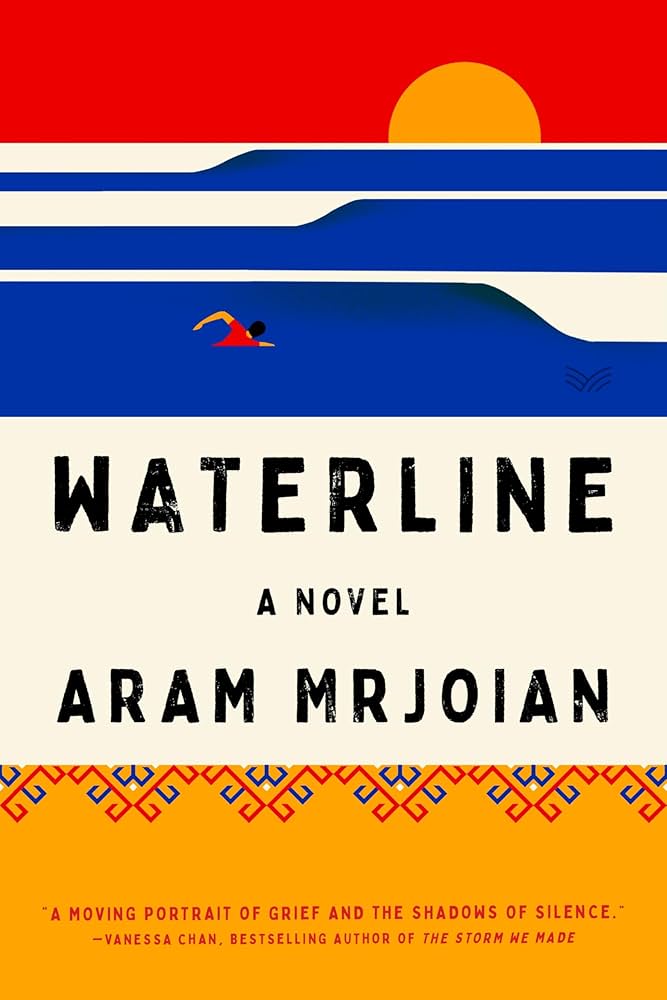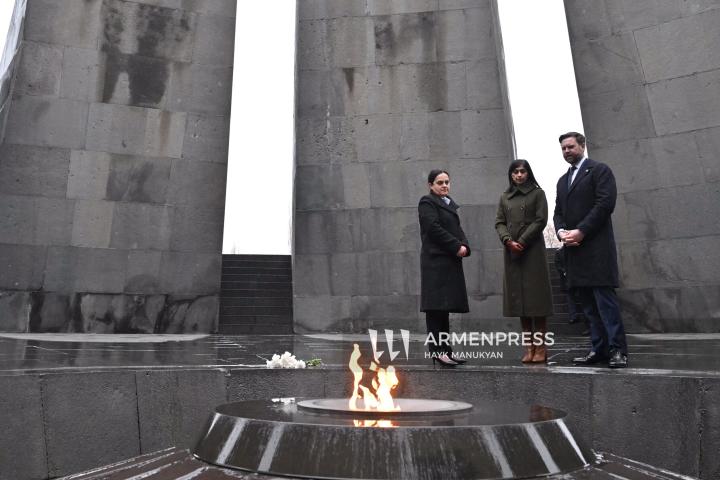All of the characters in Aram Mrjoian’s debut novel Waterline (Harpevia, 2025) read Franz Werfel’s The Forty Days of Musa Dagh at some point in their lives.
Werfel’s novel tells the story of the five thousand inhabitants of the six villages at the base of Musa Dagh, in the Vilayet of Aleppo in the Ottoman Empire, who, in April 1915, refusing the Turkish government’s orders to evacuate, ascended to the top of the mountain and put up a heroic resistance until they were rescued by the French Navy in September 1915.
The repeated references in the novel to Musa Dagh clearly suggest the mountain as a symbol of survival. “We dispersed across nations and oceans, we lost languages . . . but we built communities, shared food and music and never stop[ped] echoing where we came from. We are still the mountain,” writes Mrjoian under the heading “What Is a Mountain?”
Both in the real-life world of the historic struggle on the high plateau in Syria and in the contemporary fictional world of the great-grandfather Gregor Kurkjian survival is inevitable. Fiction and history do in fact merge in Waterline. Gregor lives on Grosse Ile, a small island outside Detroit, in Michigan, with his grandsons Karo and Edgar and their families, but he was born miles away on Musa Dagh and was the leader of the resistance on the mountain. Gregor was the last man to flee Musa Dagh, his “home,” he tells his great-grandchildren come to visit him in the old folks home in Dearborn, Mich.
There is much to be joyful about in the world of the extended Kurkjian family. The brothers have a wonderful closeness. Only a lawn separates their two houses. They eat, drink, work out and have picnics together. When there is no more room in their refrigerator, the leftover food from Karo’s daughter Mari’s memorial is stored in the fridge next door and carried back and forth. One gets the feeling that all difficulties can be worked through. Unwanted teenage pregnancies and excessive drinking are openly discussed. As he watches his great-grandkids having fun in the warm spring sun at the nursing home, Gregor knows “his family was thriving . . . and even if he was not there to witness it, he was certain they would be fine.”
Notwithstanding, Karo’s only daughter Mari swims to her death one day in the deep waters of Lake Michigan. On the eve of her death Mari stays up late to finish reading Kate Chopin’s The Awakening, a novel in which the protagonist Edna Pontellier walks into the sea to to be liberated from her society’s restrictive expectations.








